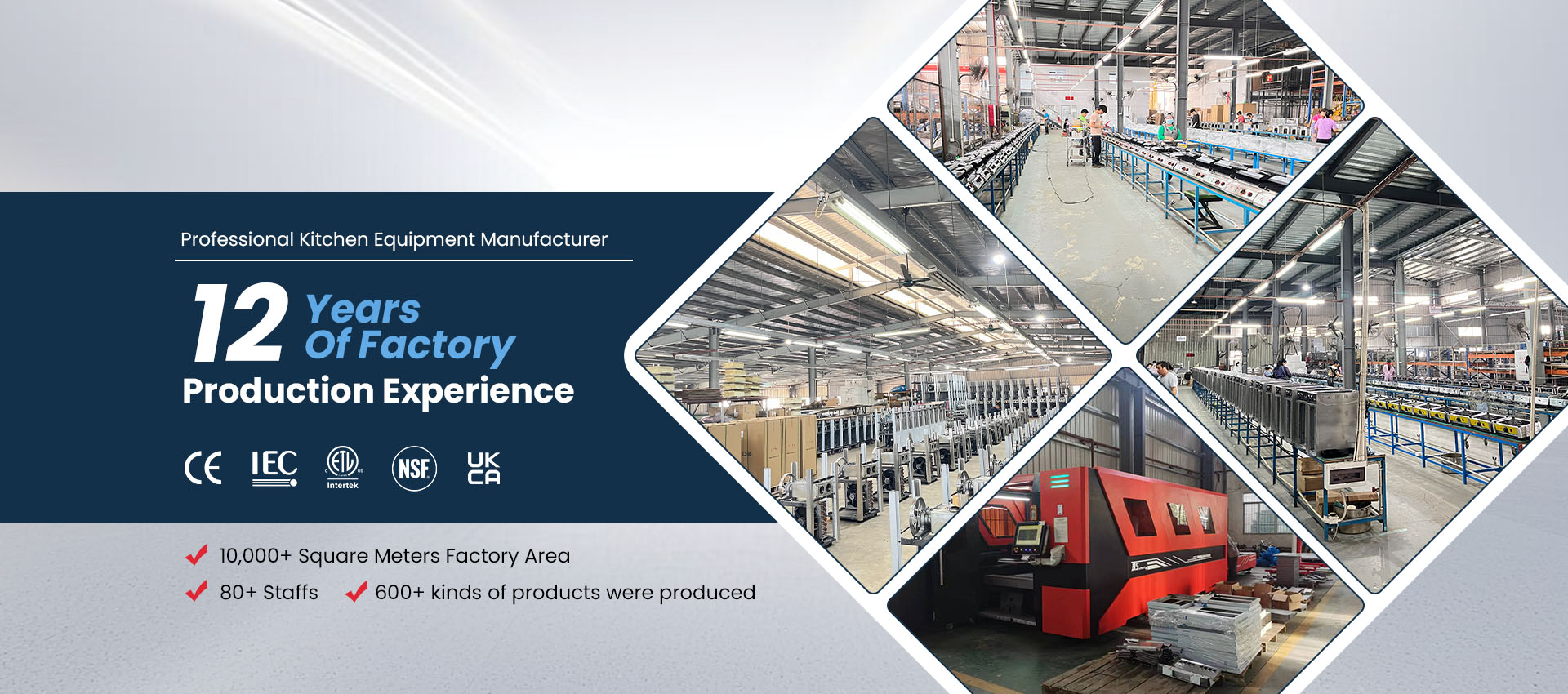Can A Gas Deep Fryer Be Converted Into Propane
Many kitchens rely on gas deep fryers because they heat quickly and deliver consistent results. But what if your fryer was designed for natural gas, and you need to run it on propane instead — for example, in a food truck, outdoor setup, or remote kitchen with no gas line?
The good news is that most gas deep fryers can be converted to propane safely and effectively, provided you use the right parts and follow proper procedures. However, this is not a job for beginners — the conversion involves critical gas pressure and combustion changes that must be done professionally.
Understanding the Difference Between Natural Gas and Propane
While both fuels power gas appliances, they differ in pressure, energy content, and delivery method.
| Feature | Natural Gas | Propane |
|---|---|---|
| Energy output | Lower BTU per cubic foot | Higher BTU per cubic foot |
| Pressure | Lower | Higher |
| Delivery | Piped from municipal line | Stored in tanks or cylinders |
| Orifice size | Larger | Smaller |
Because propane burns hotter and flows at higher pressure, using it in a fryer designed for natural gas without modification can cause dangerous over-firing, yellow flames, soot buildup, or even equipment damage.
How the Conversion Works
Converting a fryer from natural gas to propane involves replacing components that control gas flow and pressure.
Manufacturers typically provide a conversion kit, which includes:
Propane-rated burner orifices (smaller to limit gas flow)
Regulator spring or assembly designed for propane pressure
New identification labels and instructions for safety compliance
These parts are engineered to ensure the fryer burns propane safely at the correct rate.
Step-by-Step Conversion Overview
Important: This procedure must be performed by a licensed or qualified gas technician. Never attempt the conversion yourself.
Shut off the gas supply and disconnect the fryer from the existing line.
Remove the natural gas orifices and replace them with the propane versions from the conversion kit.
Adjust or replace the gas regulator to match propane’s higher operating pressure.
Check burner alignment and pilot assembly for proper flame pattern.
Reconnect to a propane tank or supply line using the correct fittings.
Perform a leak test using soapy water on all joints — bubbles indicate leaks.
Ignite the pilot flame and verify that the flame is strong, blue, and stable.
If the flame is yellow, noisy, or flickering, the regulator may need further adjustment.
Safety and Compliance Tips
Always use an official manufacturer conversion kit specific to your fryer’s brand and model.
Never connect propane to a natural-Gas Fryer directly — the pressure difference is unsafe.
After conversion, label the fryer clearly as “PROPANE” to prevent future confusion.
Ensure your propane tanks and hoses meet local fire and safety codes.
Schedule a professional inspection before first use.
When You Shouldn’t Convert
If your fryer is old, heavily corroded, or lacks a certified conversion kit, it may be safer and more economical to replace it with a new propane-ready fryer. Modern models are optimized for propane performance and come with pre-calibrated regulators and safety features.
Advantages of Using Propane
Once converted, a propane fryer offers:
Mobility — perfect for outdoor kitchens or catering trucks.
Stronger heating power due to higher BTU content.
Energy independence in areas without natural-gas lines.
Propane fryers also tend to heat faster and recover oil temperature quickly between batches.
Final Thoughts
Yes — you can convert a gas deep fryer to propane, but it requires the right conversion kit, technical precision, and professional installation.
Improper conversion is not only unsafe but can also shorten your fryer’s lifespan.
If done correctly, your fryer will perform just as efficiently as a dedicated propane model, giving you flexibility to cook anywhere you need.
For professional-grade gas and propane fryers, accessories, and installation guides, visit MLP Kitchen — your trusted partner for safe, high-performance kitchen equipment.



